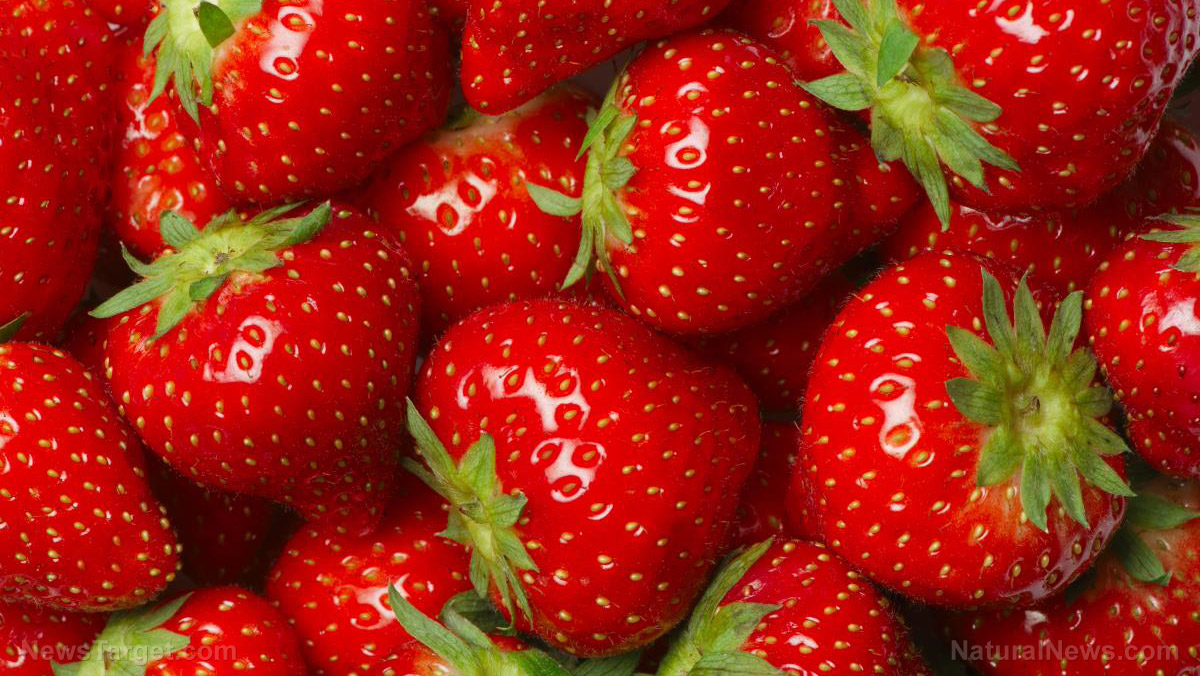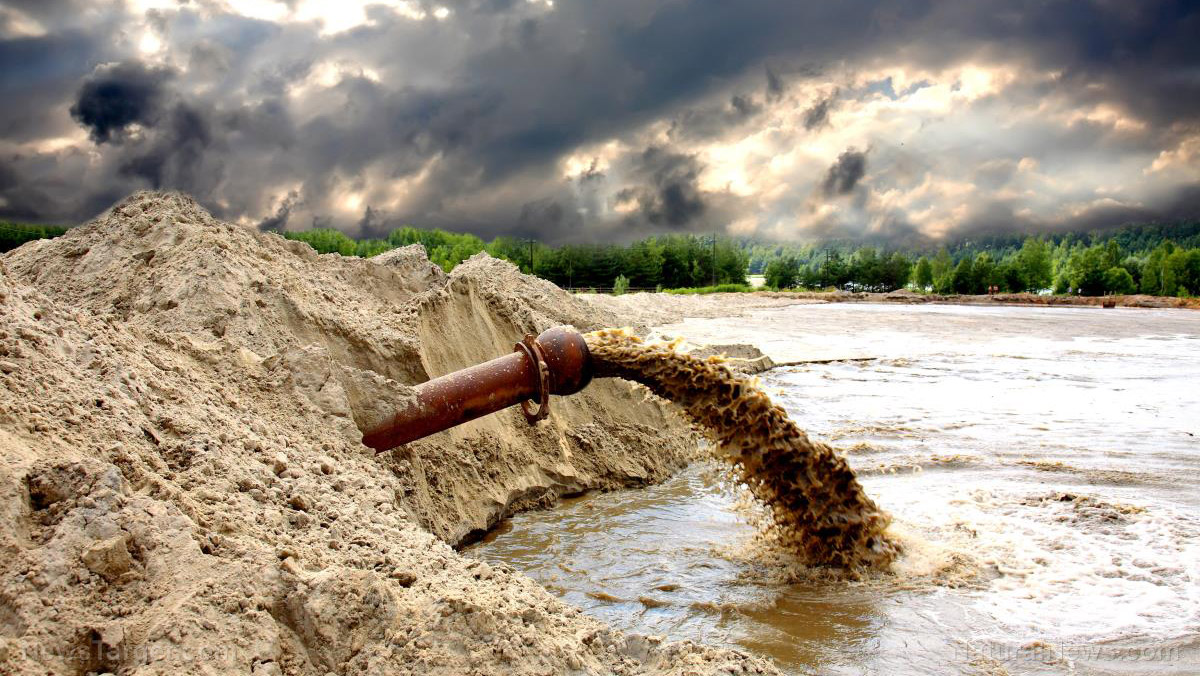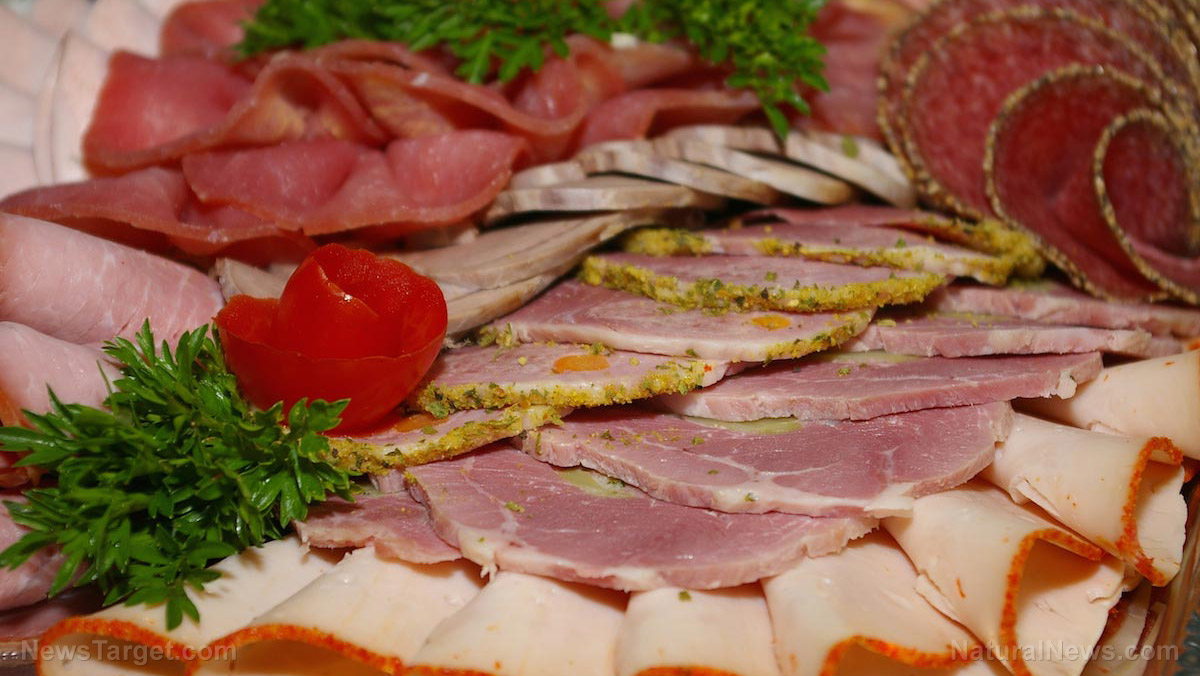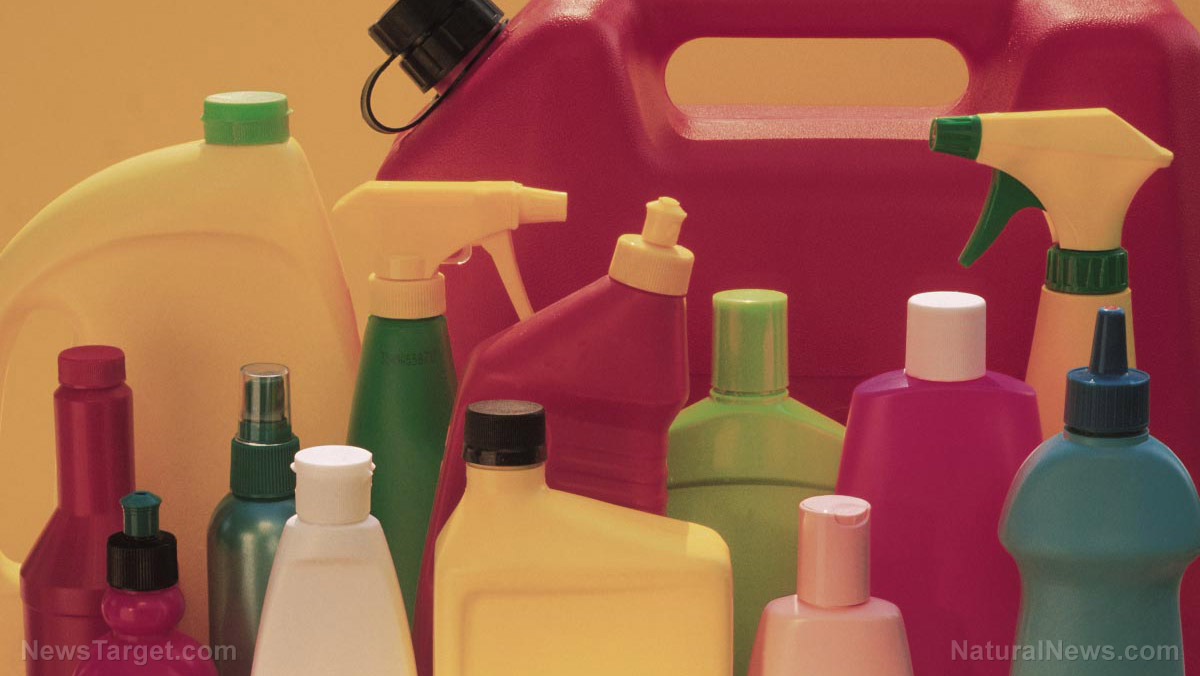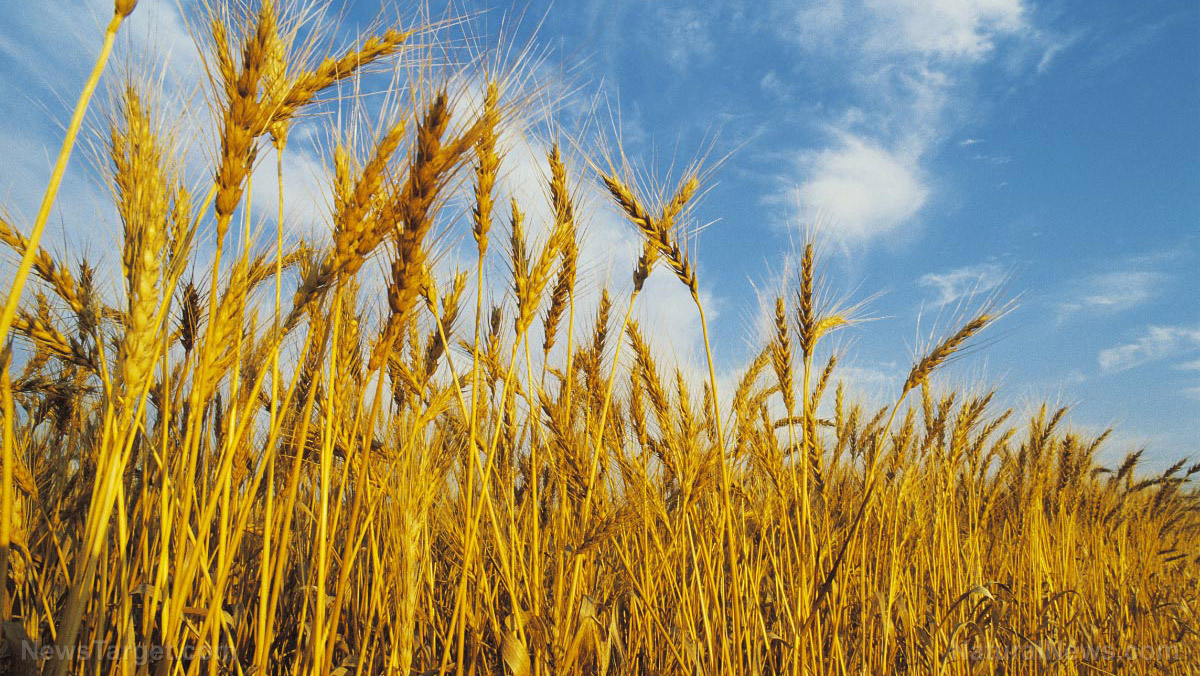Explosive new analysis reveals that farmers are spraying glyphosate on crops right before harvest
06/05/2018 / By Isabelle Z.
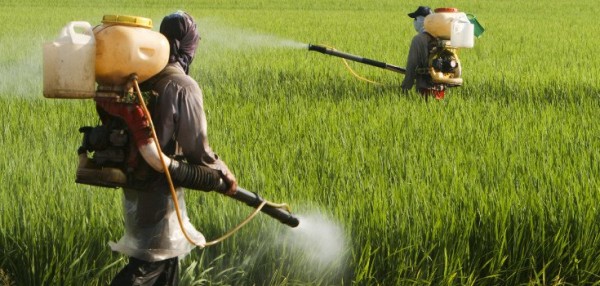
You’re going out of your way to seek organic foods, while other people you know might shrug off the potential harm of pesticides. Some people believe that weed killers and other chemicals are used so early in a food’s life cycle that very little remains by the time it makes its way to their plate, and they feel the extra expense isn’t justified. Unfortunately, they couldn’t be more wrong, as new analysis shows that many farmers are in the habit of spraying their crops – even non-GMO varieties – with glyphosate immediately before harvesting.
In fact, researchers have found that more than half of dietary exposure to glyphosate can be traced to preharvest use. That’s because in addition to killing weeds, it can also serve as a drying agent. By applying this toxic chemical to crops three to seven days prior to harvest, farmers can make their yields a lot bigger. It also helps the plants resist mold during storage.
The practice began in Scotland back in the 1980s, where farmers were struggling to get their barley and wheat to dry evenly so they could start harvesting it. By spraying the crops with glyphosate shortly before harvest, they found it dried out faster.
Experts believe this “preharvest crop desiccation” is behind the exponential rise in glyphosate levels in humans, as the practice is heavily used in the Midwest and Great Plains on crops like soybeans, lentils, potatoes, rye, peas, corn and buckwheat. The wet, cold weather strikes early in these areas, and glyphosate helps bring the moisture levels in grain crops low enough to keep mold at bay during storage.
In addition, preharvest crop desiccation with glyphosate means less reliance on grain dryers and the associated energy expenses. It can also help less mature plants ripen faster to catch up with others in a bid to boost yield consistency.
Another factor in the higher prevalence of glyphosate in food is the growing resistance weeds are developing to Roundup, which requires farmers to use increasing amounts of glyphosate to grow their crops.
Glyphosate has even been turning up in foods that people expect to be pure, like honey and baby food. It’s also been found in salt, wine and cereal.
In one high-profile case, ice cream maker Ben & Jerry’s announced that it will stop sourcing ingredients that are made using crops that were chemically dried with glyphosate by 2020, and they plan to advocate for this practice to be put to a stop. This move came after traces of glyphosate were found in 13 of 14 ice cream samples tested in Europe.
Their efforts will likely be challenging. Albert Lea Seeds co-owner Tom Ehrhardt told EcoWatch that conventional grain millers say it’s difficult to source wheat, flax and oats that hasn’t been sprayed with glyphosate before harvest. In fact, he said there’s a “don’t ask, don’t tell” policy in place within the industry.
Farmer calls preharvest crop desiccation practice “barbaric”
Farmer Gerald Wiebe called the practice “barbaric,” and he shared concerns that consumers don’t realize this is going on. In fact, he thinks the practice is related to the rise in people with celiac disease and gluten intolerance, a sentiment that other experts have echoed.
Given the widespread use of this very concerning practice, it has never been more important to seek out organic food. After all, glyphosate has been linked to several types of cancer and is considered a probable carcinogen by the World Health Organization. Are you sure it’s not worth spending a little extra to help your family avoid consuming it? (Related: Monsanto knew 35 years ago that its glyphosate-soaked ‘food’ causes cancer.)
Sources for this article include:
Tagged Under: agriculture, celiac disease, Ecology, environ, farming, glyphosate, preharvest crop desiccation, Roundup, toxins, weed killer, wheat, wheat crops

